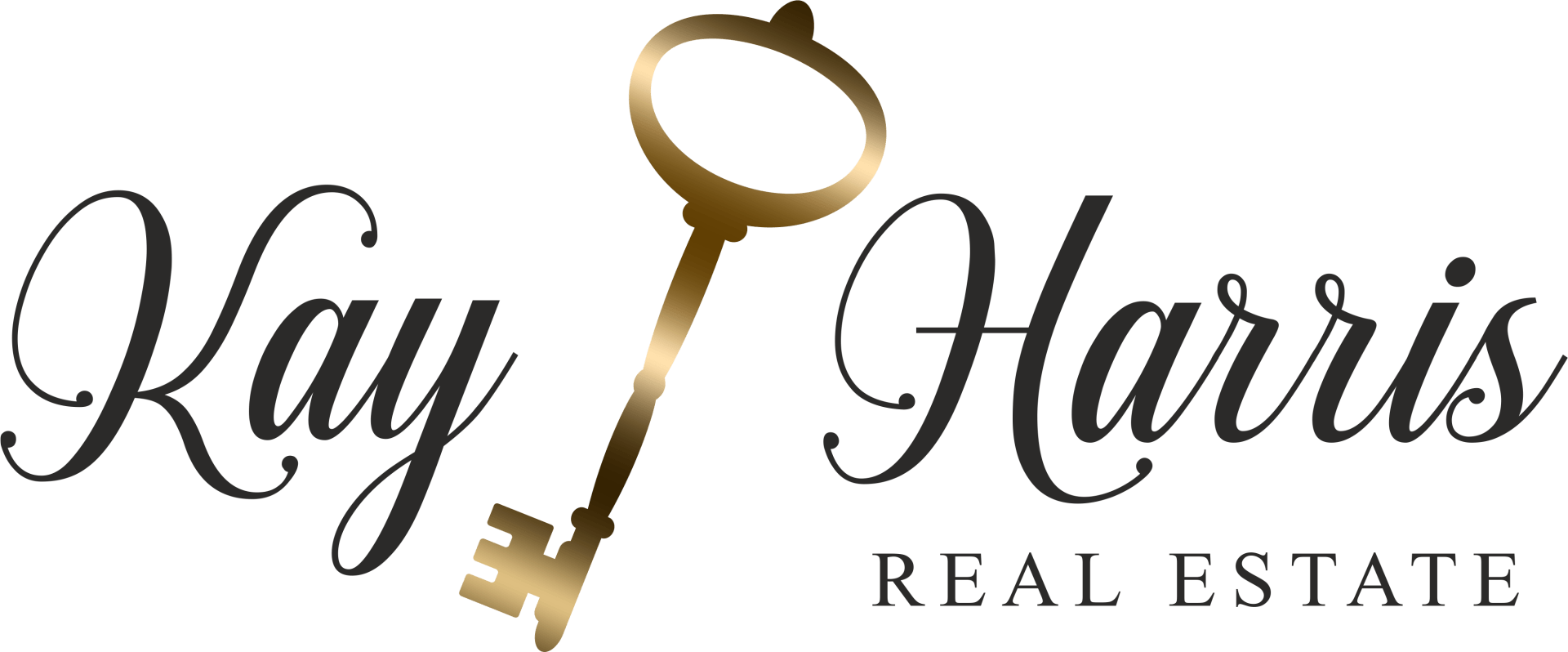Tips for Closing on Your New Home
To help make your transition to a new home as stress-free as possible, keep the following tips in mind.

About 40 million Americans move into new homes each year. But before you can move in, you need to close the deal on the perfect house.
At this point in your home buying journey, you’ve already accomplished a lot. You met with several realtors until you found the right one, you explored all the real estate listings, you found the best house for your family, and you’re ready to buy a home. But as you prepare to join the ranks of home buyers, how do you ensure the closing process goes smoothly?
To help make your transition to a new home as stress-free as possible, keep the following tips in mind.
Set the Right Closing Date
As you prepare to close on the house, ask the title company you’re working with to set a closing date that coincides with the end of the lease on your current home or the date of your home’s sale. You may also want to have the close scheduled for an evening or weekend so you won’t miss work. If you’re tight on cash, schedule the closing for the end of the month so you can get away with paying less interest.
Get Your Money Ready
As a home buyer, you will probably need to have your money available at the closing. You will need to ask the title company what forms of payment they accept ahead of time, then arrive ready.
If you need to move money around your bank accounts to have it available in the account you’ll be using, be sure and do this at least a full week before the closing date. This will help you avoid any last-minute money transfer problems. If you’re paying with a cashier’s check you’ll need to get it at your bank a few days before the closing date.
Buy Insurance
If you’re buying a home with a bank mortgage, you will need to acquire a title insurance policy ahead of time. This protects the bank in case the lender doesn’t actually hold the rights to the property they’re selling.
Of course, a title insurance covers the bank, but it doesn’t do anything for you if there’s a problem. To protect yourself, you have the option of purchasing an owner’s title policy from the same insurance company providing the lender’s title policy. An owner’s title policy will insure you against possible losses from fraudulent claims and errors. In some places, it’s customary for home sellers to pay for the buyer’s insurance, but this may not be the case for your sale.
Keep in mind that if you buy title insurance from the same insurer that provided it for that house before, you can request a reissue discount, since they only need to recheck their existing files to insure the home.
Finally, it’s very important that you buy homeowner insurance to be activated by your closing date. You may get a lower premium by opting for a higher deductible or buying insurance from your car insurance provider. If the house you’re buying sits in a flood zone or other area prone to natural disasters and hazards, you will need additional insurance to cover these threats.
Conduct a Final Walk-Through
Request a final walk-through of the house right before the closing date so you can catch any last-minute problems. Make sure any repairs you’ve requested have been made. Watch out for major changes to the property since you last saw it. See if the seller got all of their personal belongings out, and ensure that they left everything they said would stay.
While you’re there, check the home’s systems and amenities to make sure they function properly. Test appliances, electronics, the HVAC system, and the hot water system.
If you uncover problems during your walk-through, don’t ignore them. If possible, delay closing until the seller corrects them. Otherwise, negotiate a discount with the seller and their Realtors to make up for the money you’ll have to spend on repairs. This will cause a slight delay as the title company will have to renew the paperwork, but it will be worth it.
By being proactive, keeping a watchful eye out for trouble, and staying in close contact with the realtors managing the sale, you can enjoy a stress-free home buying process.





Want to Buy or Sell a Property?
Contact Us
Contact Us
We will get back to you as soon as possible.
Please try again later.



















